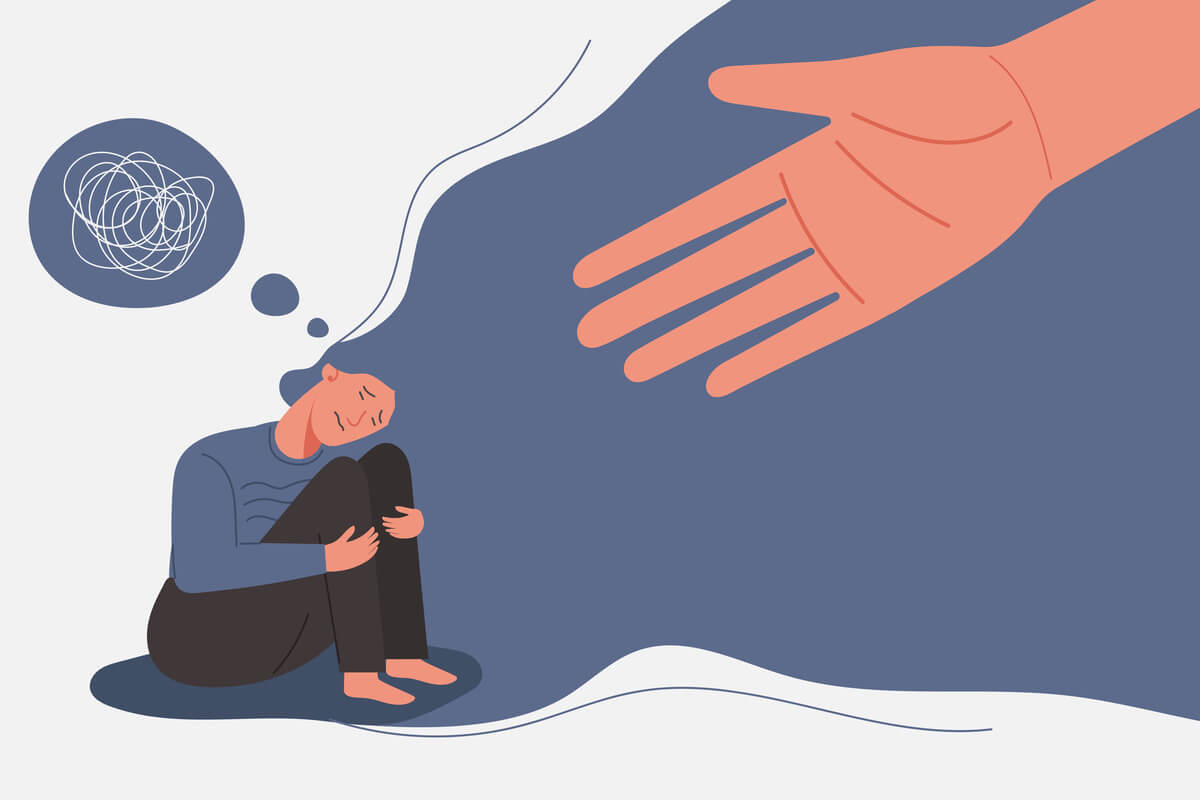Anxiety disorder is one of America’s most common mental health concerns, affecting up to 31.1% adults at some point in their lives. However, that number may creep higher in the case of individuals with intellectual and developmental disabilities.
Untreated anxiety and its various manifestations—such as post-traumatic stress (PTSD) and obsessive-compulsive disorder (OCD)—are challenging for anyone. But when coupled with an intellectual and/or developmental disability (I/DD), the consequences can intensify and impact people’s ability to function independently in the workplace, during social situations, and in day-to-day life.
Recognizing Anxiety in Individuals with I/DD
Studies show that anxiety has increased significantly as a result of the pandemic. According to the World Health Organization (WHO), COVID concerns caused anxiety to surge by 25% in the first year of the pandemic. The challenges of the pandemic have also impacted individuals with I/DD, as many have experienced changes to their daily routines and activities.
Recognizing signs of anxiety in persons with I/DD is critical, as many may be challenged to articulate how they are feeling. Unaddressed anxiety can manifest as aggression, irritability, social withdrawal, and sleep disruptions. If you notice changes in behavior, it is vital to seek help and support for the individual as soon as possible.
Action Steps: Obtaining a Diagnosis
An examination by a medical professional can rule out physical causes for the behavior and make the appropriate referrals if needed. Pain, discomfort, and illness can present with similar behavior, especially if the individual is non-verbal. An accurate diagnosis is the first step toward ensuring the proper treatment approach is prescribed.
It is always advisable for a friend, caregiver, family member, Direct Support Professional (DSP), or Medical Support Professional (MSP) to accompany the individual to their appointment; someone who knows the person well can help ease anxiety and provide moral support. That person can also help advocate for the individual, while communicating with physicians to assess symptoms and determine diagnosis and treatment.
Reducing Exposure to Stressors
It is vital to recognize the cause of the anxiety and take steps to avoid exposure to those triggers, if possible. If individuals can learn to recognize their stressors, they may be better equipped to communicate their worries, improving their ability to cope with various challenges they may face.
When caring for individuals with I/DD, it is crucial to express empathy and provide nurturing support to help guide individuals on a safe and healthy path. At ILA, our compassionate and experienced team of healthcare and human services professionals remains committed to providing the best possible care to Individuals to help them thrive. To learn more about ILA or to find out how you can help, visit our website today.

































































